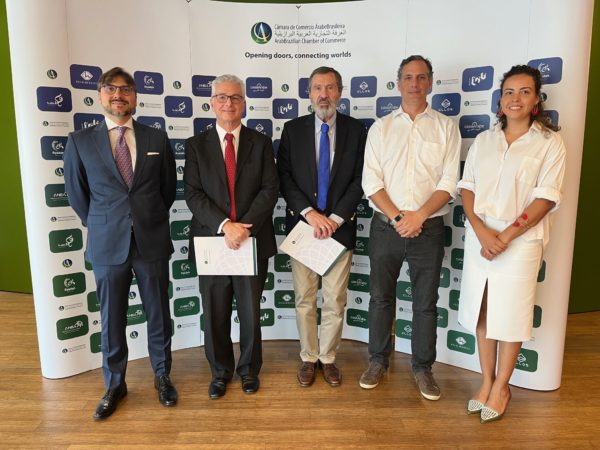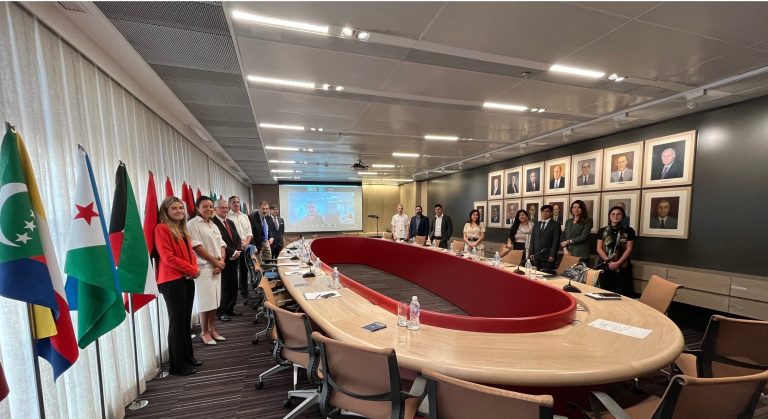São Paulo – The Arab-Brazilian Chamber of Commerce (ABCC) established on Tuesday (19) in its headquarters in São Paulo (pictured above) the Governance and Compliance Committee, which is aimed at holding talks on topics regarding the management of companies; environmental, social and governance (ESG) standards; and the improvement of controls and financial disclosures.

The first meeting of the committee was attended by lawyer and former Justice minister Torquato Jardim, Brazilian Lawyers Bar Association’s Foreign Affairs Committee president Luis Carlos Szymonowicz, lawyer Renato Jabur, and ABCC Administration vice president Daniel Hannun, as well as members of the institution, companies and law firms.
Szymonowicz said the Brazilian companies face the challenge of meeting the governance standards and the committee can be a support for those seeking to implement risk contention and management measures and set priorities. “Companies need a flight planning. This is part of the ESG concept,” he said.
Jardim pointed out that the relationship between a company and the community is part of its management and governance. “Today the social performance [of a company] is often more valuable than other of its actions,” he said.
“Not only to grant cheaper credit but to grant any credit, banks require companies to have governance, balance, social balance, a way to relate to their surrounding society,” said Jabur.
Topics encompassed and discussed by the committee are corporate are corporate governance; compliance; reputation risk management; management and opportunities; stakeholders and value chain; formal aspects, transparency and communication; strategies for implementing an ESG agenda; ESG trends and performance benchmarks. The monthly meetings of the committee are expected to feature ABCC member companies and partners, as well as experts in the topics that’re part of the group’s agenda, both from Brazil and the Arab countries.
According to ABCC Institutional Relations director Fernanda Baltazar, the committee also aims to foster the exchange of experiences in compliance and governance with the Arab world. “Our goal is to drive home a point that’s both new and important and has gained relevance in Brazil and the Arab countries as well as bring about dialogue between the regions. Besides what we already do in trade, we want to bring about discussions on these topics, too,” she said.
Daniel Hannun pointed out in the meeting that the committee can be a guiding instrument for small- and medium-sized enterprises. “There’s the challenge of spreading the relevance of compliance and governance to smaller businesses, which struggle to set a focus and goals for taking the first step and then evolve,” he said.
Translated by Guilherme Miranda




